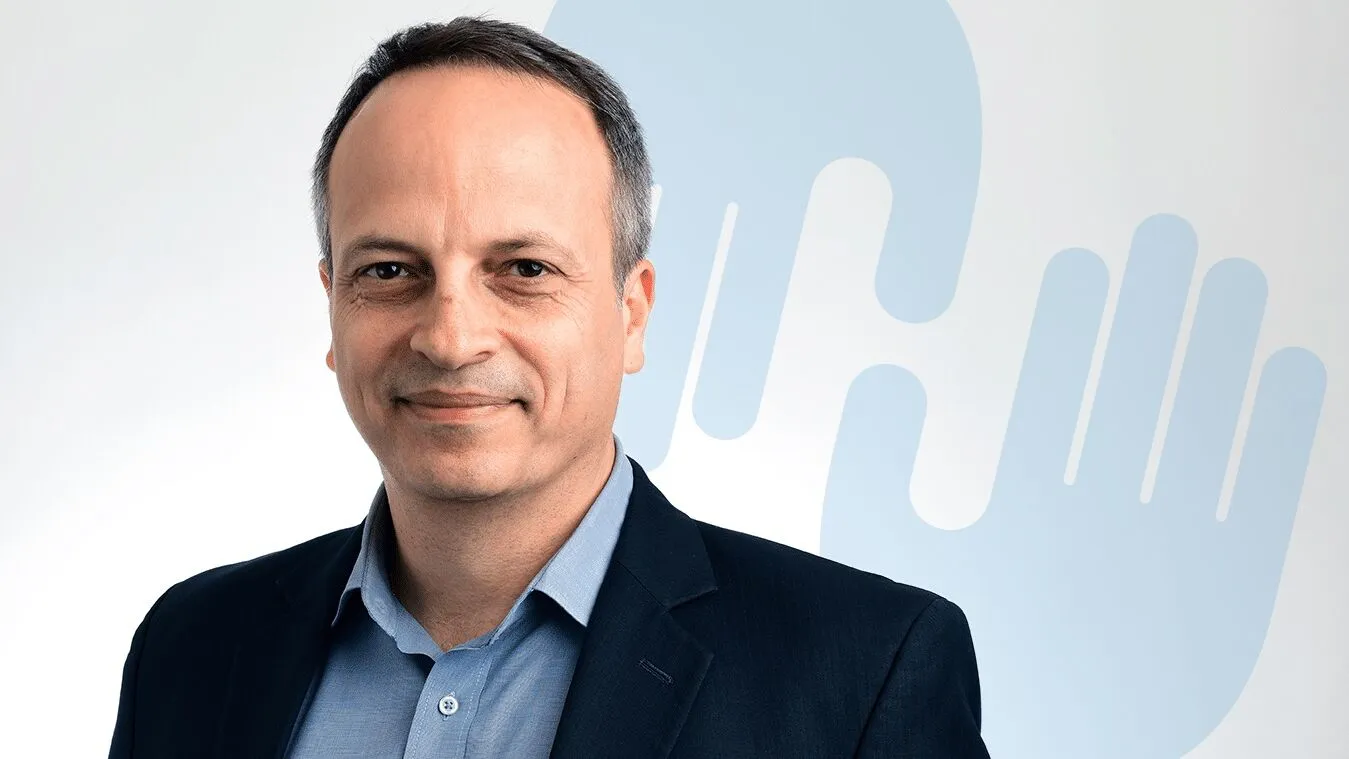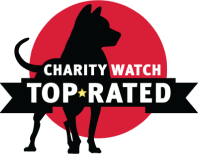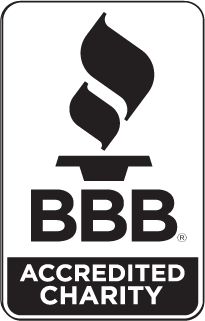Humanitarian Work Is Where My Heart Is
Project HOPE’s president Rabih Torbay remembers the pivotal moment that changed the course of his life.

“I’m not sure whether I follow wars, or wars follow me,” says Project HOPE’s president and CEO, Rabih Torbay. His reference is to the light-hearted banter that his friends engage him in as they have observed his career path. They tease him, but in reality, they all realize the seriousness of the circumstances in which Torbay has lived and worked.
Torbay grew up in Lebanon during the civil war and moved to Sierra Leone as the Lebanese civil war ended and a rebel war in Sierra Leone had just begun. At that time, he was a civil engineer in the construction business.
“I went there initially for a couple of weeks and ended up staying nine years,” he recalls. “Some of the atrocities committed in Sierra Leone are still some of the most horrendous the world has ever seen.”
After the rebels invaded Freetown, the capital of Sierra Leone, most NGOs left, their team members fearing for their lives.
“I stayed behind, not because I was a hero, but because I didn’t want to lose my business,” says Torbay.
He survived the rebel invasion and then accepted an invitation to volunteer for two weeks with an international NGO. At that point, he knew very little about the nonprofit, humanitarian world.
“But I wasn’t really doing anything – there was a war and there wasn’t much construction,” he remembers. “I said ‘Sure, I’ll volunteer for a couple of weeks.’”
Soon after, a cholera outbreak occurred on Sierra Leone’s Tasso Island, putting 10,000 residents at risk, and he responded to a request from the Ministry of Health and the World Health Organization to help.
Renting a small boat, he headed to the island accompanied by a nurse. When he arrived at the clinic, he learned that about 120 people were dying every day from cholera. He was also shocked by the conditions of the “clinic” which consisted of four walls, no roof, no equipment and one disengaged, discouraged nurse.
As he entered the clinic, he noticed a thin, worn-looking child, 4 or 5 years old, sitting on the steps in front of the doorway with his mother.
“I toured the clinic – which was really just two rooms,” says Torbay. “The entire tour took me about five minutes. And as I was leaving the clinic, I found that the child had died. Just five minutes had gone by, and he was dead.”
Torbay left the island knowing that he had to do something. When he returned to Freetown, he met with the Ministry of Health, UNICEF and the World Health Organization and began to formulate a plan.
Soon after, he personally financed a return trip to the island. He purchased medicines and hired “some really smart people including nurses and sanitation engineers.”
Upon arrival, they immediately started treating patients in the dilapidated clinic, worked on the island’s water and sanitation system and educated the residents about cholera prevention – how they should protect their food, purify the water, etc.
Within a week, the death rate went from about 120 a day to just two a day. And the next week there were no more deaths.
“The entire intervention cost less than $7,000,” he says. “Imagine – $7,000 began to save 120 lives per day.
“For me, that was it. I knew this is where my heart is. And that was the last time I ever did any engineering work.”
Two decades later, Torbay leads Project HOPE. HOPE’s own history in Sierra Leone began in 2014 in response to a call from Sierra Leone’s government to help contain the Ebola outbreak. Following this response, Project HOPE recognized the need for maternal, neonatal and child health programs. These established programs continue to improve the health and future of mothers and newborns.
“I’m still at it,” says Torbay, speaking about his humanitarian work. “I’m still enjoying it and I’m still learning every day. And this is something that – if I’m healthy enough – I will probably do for the next 10, 20, 25 years.”







